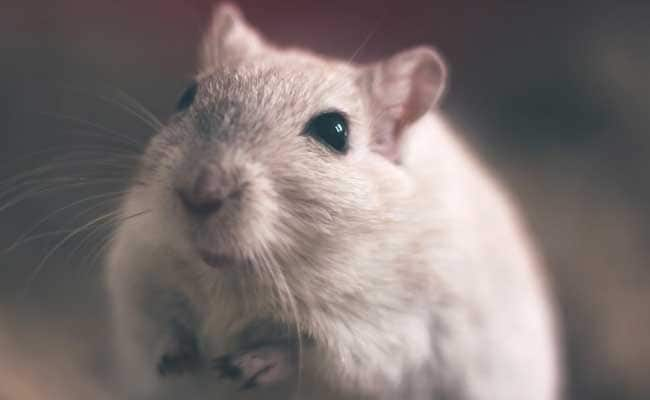INSUBCONTINENT EXCLUSIVE:
Scientists have grown miniature human brains in the skulls of mice
the skulls of mice, a breakthrough that could boost stem cell research as well as provide insight into neurological disorders such as
autism, dementia, and schizophrenia.Scientists from the Salk Institute grafted human stem-cell-based organoids into a blood-vessel-rich area
through them - a first for organoids, revealed the paper detailed in the journal Nature Biotechnology."That was a big accomplishment," lead
supplying it with blood, which was exciting because it's perhaps the ticket for organoids' long-term survival," Mansour added.In the
study, the team divided each organoid in half before transplantation, and maintained one of the halves in culture so they could directly
age-matched organoids in the rodents were healthy.Human transplantation in animals has been used for decades in brain and other tissues to
enhance survival and test for mature function.But, the new approach can develop more sophisticated organoid models by ensuring they receive
brain disorders, speed up the testing of drugs, and even pave the way for someday transplanting healthy populations of human cells into

